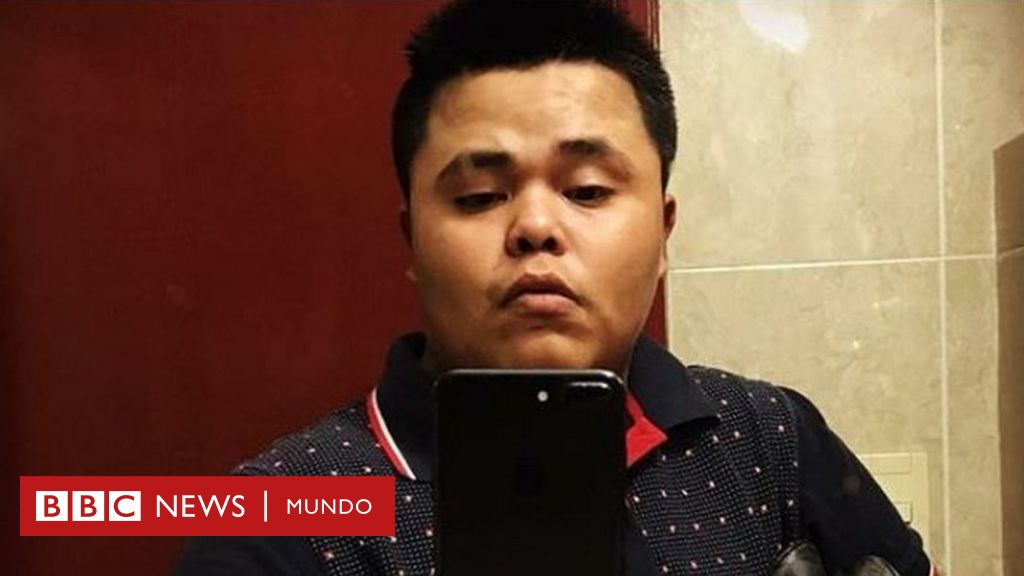El Pirata de Culiacan death pictures have become a topic of significant interest and controversy in recent years. The images surrounding his death have sparked discussions about crime, drug cartels, and the impact on communities. In this article, we will delve into the details of El Pirata de Culiacan's life, his involvement in criminal activities, and the circumstances surrounding his death.
El Pirata de Culiacan, whose real name is Salvador Alanís Estrada, was a prominent figure in the Mexican drug trade. His rise to fame was marked by his audacious actions and his association with powerful cartels. Understanding his story provides insight into the complexities of organized crime and the challenges faced by law enforcement agencies.
This article aims to provide a detailed and respectful examination of El Pirata de Culiacan's life, death, and the broader implications of his actions. By exploring various aspects of his story, we hope to shed light on the realities of the drug trade and its impact on society.
Read also:Penis Piercing Bronx A Comprehensive Guide To Safety Types And Everything You Need To Know
Table of Contents
- Biography of El Pirata de Culiacan
- Early Life and Background
- Criminal Career
- Death and Circumstances
- El Pirata de Culiacan Death Pictures
- Impact on Society
- Law Enforcement's Role
- Media Representation
- Controversies Surrounding His Death
- Conclusion and Reflection
Biography of El Pirata de Culiacan
Personal Data
Before diving into the details of his life, here is a summary of Salvador Alanís Estrada's personal information:
| Full Name | Salvador Alanís Estrada |
|---|---|
| Nickname | El Pirata de Culiacan |
| Date of Birth | April 10, 1978 |
| Place of Birth | Culiacán, Sinaloa, Mexico |
| Occupation | Criminal, Drug Trafficker |
| Date of Death | March 11, 2013 |
Early Life and Background
Salvador Alanís Estrada, better known as El Pirata de Culiacan, was born on April 10, 1978, in Culiacán, Sinaloa, Mexico. Growing up in a region heavily influenced by drug cartels, his early life was shaped by the environment around him. Culiacán, often referred to as the "cradle of drug trafficking," has long been a hotspot for criminal activities.
During his formative years, El Pirata de Culiacan was exposed to the world of organized crime. This exposure played a significant role in his decision to pursue a career in the drug trade. His family background and the socio-economic conditions of his community contributed to his eventual involvement in criminal activities.
Criminal Career
El Pirata de Culiacan's criminal career began in the early 2000s when he aligned himself with the Sinaloa Cartel. His rise within the cartel was swift, thanks to his strategic thinking and audacious actions. He became known for his ability to navigate complex situations and his knack for evading law enforcement.
Throughout his career, El Pirata de Culiacan was involved in various illegal activities, including drug trafficking, money laundering, and arms smuggling. His association with high-ranking cartel members further solidified his position in the criminal underworld. Below are some key highlights of his criminal career:
- Established a reputation as a fearless and cunning operative.
- Played a crucial role in the expansion of the Sinaloa Cartel's operations.
- Developed a network of informants and allies to ensure his safety and success.
Death and Circumstances
The death of El Pirata de Culiacan occurred on March 11, 2013, in a shootout with Mexican marines. The operation that led to his demise was part of a larger effort by the Mexican government to dismantle drug cartels and bring key figures to justice. The circumstances surrounding his death have been the subject of much debate and speculation.
Read also:What Is Vegamovies3 A Comprehensive Guide To The Popular Movie Streaming Platform
According to official reports, El Pirata de Culiacan resisted arrest and engaged in a violent confrontation with law enforcement officers. The resulting shootout ended in his death, along with several of his accomplices. The operation was hailed as a significant victory in the fight against organized crime.
El Pirata de Culiacan Death Pictures
Analysis of the Images
El Pirata de Culiacan death pictures have circulated widely on social media and news outlets. These images depict the aftermath of the shootout and provide a glimpse into the brutality of the encounter. While some view these images as evidence of the government's success, others argue that they perpetuate a culture of violence and fear.
It is essential to approach these images with caution and respect for the deceased and their families. The dissemination of such content raises ethical questions about the role of media in reporting on sensitive topics. Below are some considerations when viewing El Pirata de Culiacan death pictures:
- Respect the dignity of the deceased and their loved ones.
- Avoid sensationalizing or exploiting the images for personal gain.
- Use the images responsibly in educational or investigative contexts.
Impact on Society
The death of El Pirata de Culiacan had a profound impact on Mexican society. It highlighted the ongoing struggle between law enforcement and drug cartels, as well as the human cost of this conflict. The operation that led to his death demonstrated the government's commitment to combating organized crime, but it also raised concerns about the methods used.
Communities affected by cartel violence often find themselves caught in the crossfire, facing both the threats posed by criminals and the potential collateral damage from law enforcement operations. The legacy of El Pirata de Culiacan serves as a reminder of the complex dynamics at play in the fight against drug trafficking.
Law Enforcement's Role
Law enforcement agencies played a critical role in the operation that resulted in El Pirata de Culiacan's death. The Mexican marines, in particular, were instrumental in executing the mission that brought him down. Their efforts were part of a broader strategy to dismantle drug cartels and restore security to affected regions.
Despite these successes, challenges remain in the fight against organized crime. Corruption, insufficient resources, and political pressures continue to hinder law enforcement's ability to effectively combat cartels. Addressing these issues requires a multifaceted approach that involves collaboration between government agencies, international partners, and local communities.
Media Representation
The media has played a significant role in shaping public perception of El Pirata de Culiacan and his death. News outlets and social media platforms have provided extensive coverage of the events surrounding his demise, often focusing on the sensational aspects of the story. While this coverage has raised awareness about the issue of drug trafficking, it has also contributed to the glorification of criminal figures.
Journalists and media organizations must strive to present balanced and accurate portrayals of such stories, avoiding the pitfalls of sensationalism. By doing so, they can help foster a more informed and nuanced understanding of the complexities involved in combating organized crime.
Controversies Surrounding His Death
The death of El Pirata de Culiacan has sparked numerous controversies and debates. Questions have been raised about the legality and ethics of the operation that led to his demise. Critics argue that the use of lethal force in such situations should be carefully scrutinized to ensure compliance with human rights standards.
Additionally, concerns have been expressed about the potential for collateral damage and the impact on innocent civilians during such operations. Addressing these controversies requires transparent investigations and accountability mechanisms to ensure that justice is served while respecting the rights of all individuals involved.
Conclusion and Reflection
El Pirata de Culiacan's life and death serve as a poignant reminder of the challenges posed by organized crime and the importance of addressing these issues effectively. His involvement in the drug trade had far-reaching consequences, affecting countless lives and communities. Understanding his story provides valuable insights into the complexities of the drug trade and the need for comprehensive solutions.
We invite readers to reflect on the implications of El Pirata de Culiacan's story and consider how they can contribute to efforts aimed at combating organized crime. By sharing this article and engaging in meaningful discussions, we can work together to create a safer and more just society.
For further reading, we recommend exploring the following sources:
Thank you for reading, and we encourage you to leave your thoughts and comments below. Your feedback helps us improve and provide more valuable content in the future.


